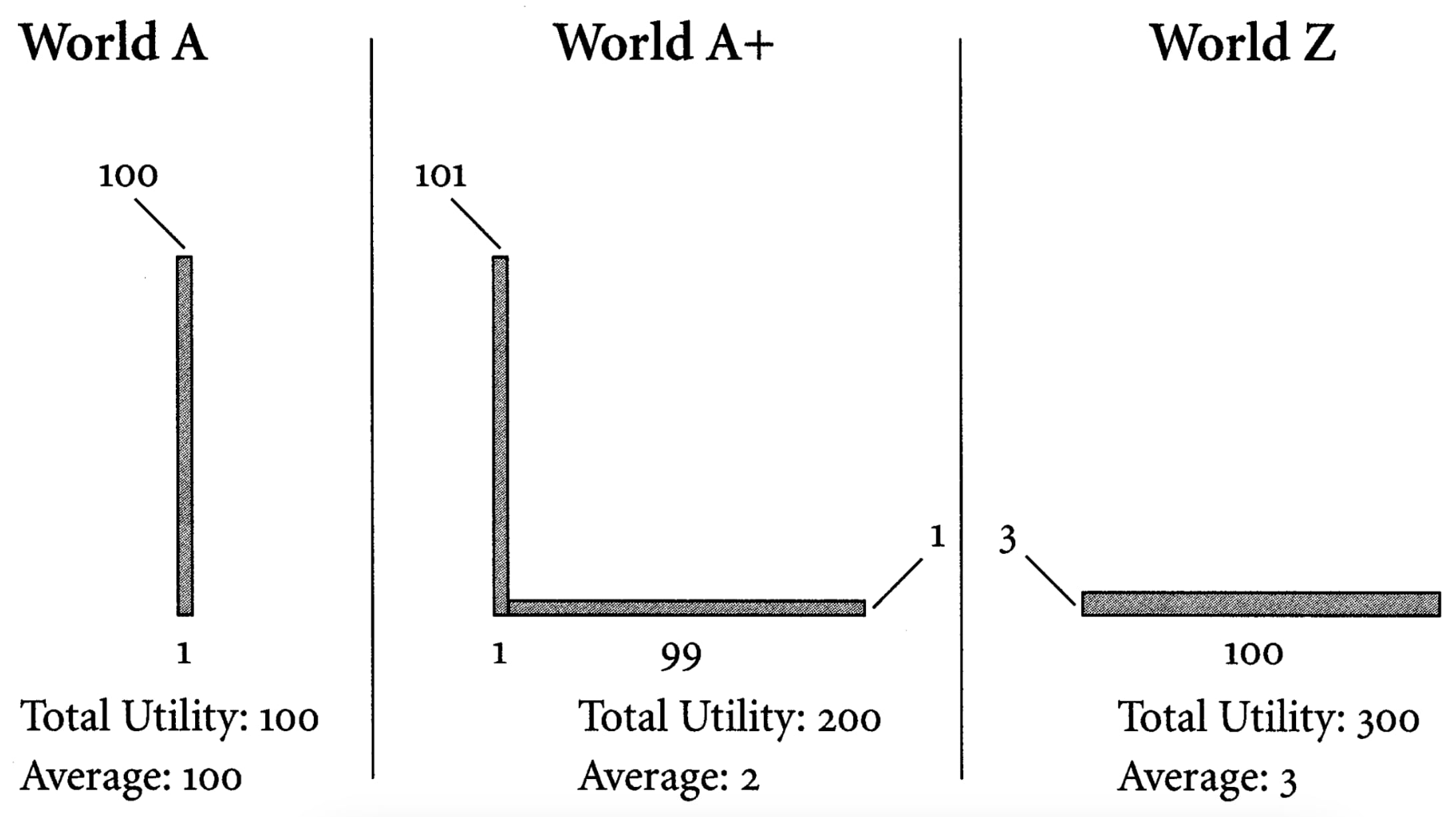If AGI were coming in a year, what should we do?
Suppose AGI was very likely to arrive first around a year from now, with multiple projects close, but one a few months ahead of the others, and suppose that the AI safety community agreed that this was the case. What should our community do? How would you answer differently for AGI in 4 months from now? 2 years from now? 5 years from now? 10 years from now? 20 years from now? Some potential subquestions: 1. What technical research should we try to get the project closest to AGI to rely on? How would we get them to use it? Or, if we could build AGI first, what would we do to reduce risks? 2. What infrastructure, defences or other technology should we try to have ready or use? 3. How should we reach out to governments, and what should we try to convince them to do? 4. What research should we work on? 5. What else? My motivations for this question are to get people to generate options for very short timelines and to get an idea of our progress so far.

Cool direction and results!
Can we prevent such an agent from having a preference to create agents that do resist shutdown?
EDIT: And if they're going to create agents anyway, actually make sure those agents don't resist shutdown, too, rather than, say, being indifferent about whether those other agents resist shutdown.